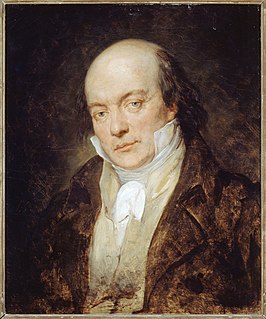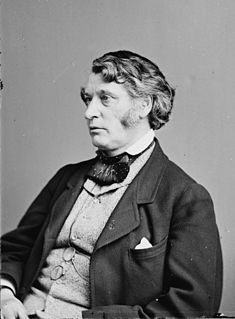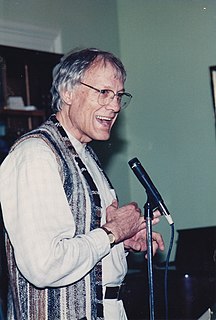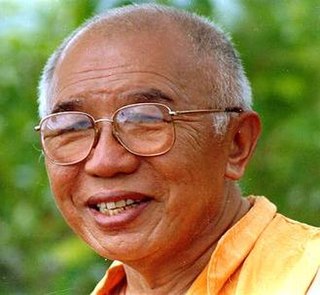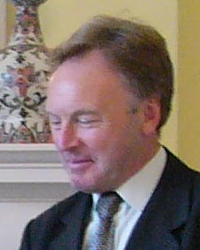A Quote by Mao Zedong
Who are our enemies? Who are our friends? This is a question of the first importance for the revolution.
Quote Topics
Related Quotes
Our enemies are all those in league with imperialism - the warlords, the bureaucrats, the comprador class, the big Landlord class and the reactionary section of the intelligentsia attached to them. The leading force in our revolution is the industrial proletariat. Our closest friends are the entire semi-proletariat and petty bourgeoisie. As for the vacillating middle bourgeoisie, their right wing may become our enemy and their left wing may become our friend - but we must be constantly on our guard and not let them create confusion within our ranks.
To accept Christ is to know the meaning of the words 'as he is, so are we in this world.' We accept his friends as our friends, his enemies as our enemies, his ways as our ways, his rejection as our rejection, his cross as our cross, his life as our life and his future as our future. If this is what we mean when we advise the seeker to accept Christ, we had better explain it to him. He may get into deep spiritual trouble unless we do.
The gift our enemy may be able to bring us: to see aspects of ourselves that we cannot discover any other way than through our enemies. Our friends seldom tell us these things; they are our friends precisely because they are able to overlook or ignore this part of us. The enemy is thus not merely a hurdle to be leaped on the way to God. The enemy can be the way to God. We cannot come to terms with our shadow except through our enemies.
Ordinary people do not question the commonly accepted version of reality. They conform to the standard values of subduing enemies and cherishing friends and family. Materialism, ambition and mundane achievements are the worldly hallmarks of success. We experience the phenomenal world and our minds as solid and truly existent. Very few people doubt these assertions and question their solidity. Yet, the process of disbelief is the first step on the spiritual path.
Our country is in danger, but not to be despaired of. Our enemies are numerous and powerful; but we have many friends, determining to be free, and heaven and earth will aid the resolution. On you depend the fortunes of America. You are to decide the important question, on which rest the happiness and liberty of millions yet unborn. Act worthy of yourselves.
I think that human beings have gotten as far as we've gotten because of our adaptability, our ability to adapt, and our ability to dovetail our technologies - our brains to our tools. With the Industrial Revolution, we transcended the limits of our muscles. With the digital revolution, we transcend the limits of our minds.

